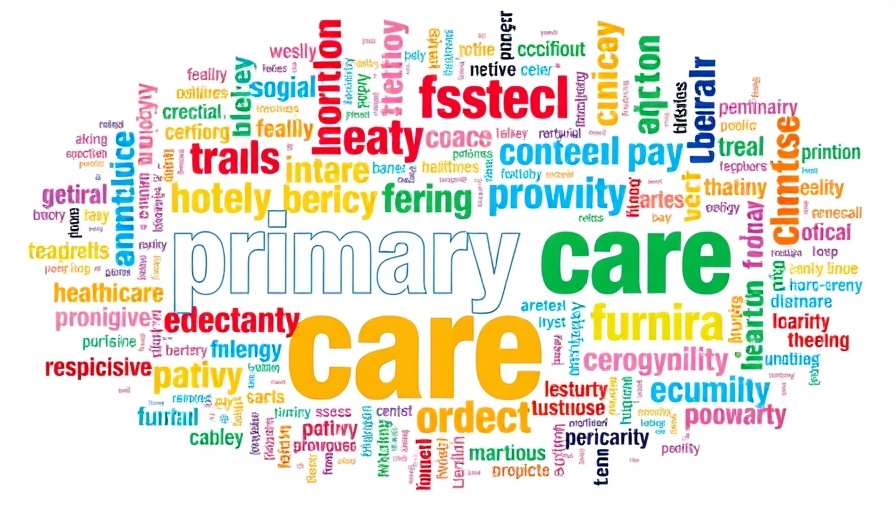
Understanding the Burden of Prior Authorizations
For many physicians, prior authorizations represent more than a mere bureaucratic hurdle; they are a significant administrative burden. Originally designed as cost-control measures, these requirements have morphed into a complex maze that diverts attention and resources from patient care. Physicians find themselves entangled in a web of insurer requirements, enduring prolonged delays that can negatively affect patient outcomes.
How AI is Changing the Game
Emerging technologies, particularly artificial intelligence (AI), offer promising solutions to streamline the cumbersome prior authorization process. According to Brad Boyd from BDO USA, AI is poised to revolutionize the way healthcare providers manage these administrative tasks, thereby unshackling them from time-consuming documentation processes. Innovative AI applications can now integrate seamlessly with electronic health records, allowing for real-time access to relevant clinical data. This integration helps streamline approvals by matching patient information against payer criteria.
The Role of AI in Reducing Administrative Stress
AI tools can identify which procedures are more likely to be approved based on historical data, thereby saving medical practices significant time and effort. For example, some platforms are equipped to flag missing documentation and alert healthcare staff about probable denials before they occur. This foresight not only improves workflow efficiency but also enhances the quality of patient care by minimizing delays in treatment and ensuring faster decision-making.
Navigating the Landscape of Approvals
A promising feature of AI technology is its ability to ascertain when prior authorization may not even be necessary. This can eliminate unnecessary steps and accelerate the treatment process for patients. The constant push for greater regulatory transparency means practices that incorporate AI could gain a competitive edge by adapting swiftly to new requirements.
Future Predictions: Will AI be a Game-Changer?
Experts suggest that while AI may not serve as a definitive solution, it certainly has the potential to significantly reduce the complexities and costs associated with prior authorizations. With the industry leaning towards transparency and speed, the importance of automation in healthcare will likely continue to grow. By embracing AI, medical practices may not only improve operational efficiency but also elevate their patient care standards, making them a more attractive option for patients.
Financial Impacts and Practice Management
For concierge medical practice owners, understanding how to leverage AI technology not only improves operational efficiency but also supports financial stability. The less time providers spend on administrative tasks, the more capacity they have for patient interaction. Enhanced patient satisfaction can lead to higher retention rates, ultimately boosting the bottom line.
Actionable Insights for Concierge Practice Owners
As a concierge medicine provider, considering the implementation of AI-driven tools can lead to new levels of efficiency in your practice. By seeking out platforms equipped with these capabilities, you can significantly decrease the administration burden related to prior authorizations. This not only streamlines operations but allows you to focus more on your primary mission: exceptional patient care.
Final Thoughts: Embracing Innovation
In a world where healthcare regulations continue to evolve, the adoption of AI and other technologies can offer concierge practices multiple advantages. From reducing the hassles of prior authorizations to improving overall patient satisfaction, embracing innovation is paramount for staying competitive in the ever-changing healthcare landscape. Whether you’re looking to enhance practice management or improve financial outcomes, the integration of AI could very well be your next strategic move.
 Add Row
Add Row  Add
Add 






Write A Comment